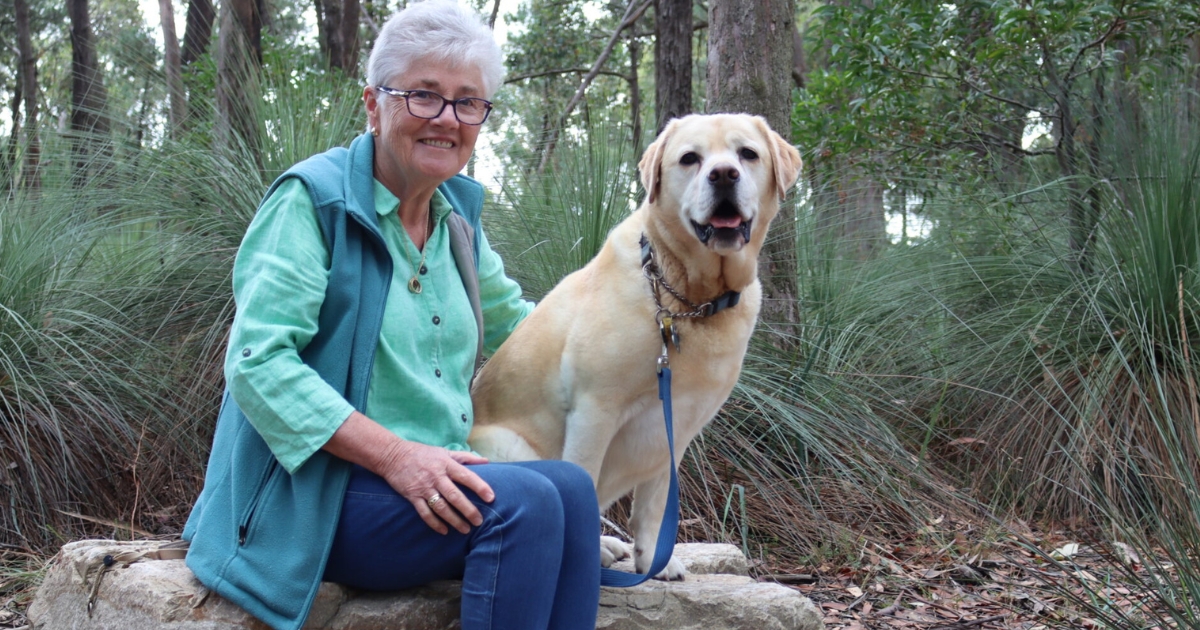Pandemic proving productive for novel project

Visualisation: Natasha Carey’s character illustrations have helped her to better envisage scenes as she puts them to paper. Photo: EDWINA WILLIAMS
AS a child, Natasha Carey would often put a pencil to paper, creating short narratives.
“I used to grab some loose-leaf paper, scribble out stories and drawings, and staple them together like a mini book. I’ve actually still got a couple of them that my nanna kept,” she laughed.
By early-high school, Carey was working on a 40,000-word novel, but it took about six years for her to author a second major project, and rediscover a passion for creative writing.
Now a 21-year-old, and a fresh Federation TAFE student, studying certificate four in professional writing and editing, Carey is harnessing ideas she’s had for the past year in a brand-new novel.
Starting the course last month was a motivating “breath of fresh air,” although challenged by the restrictions of COVID-19 and online learning.
Previously she struggled to find time to express herself through literature, working almost seven days a week, across two jobs. But throughout isolation, the Bunkers Hill resident been able to finish each day’s course work, pick up a few shifts a week, and still allocate time to sit down and develop her book.
“It’s a fantasy novel. I’ve written about 9000 words, but I’ve got a lot of notes building up, and an index of creatures,” she said.
“The best way to describe it is a cross between Harry Potter, Lord of the Rings, and Shadowhunters, but more diverse and adult.
“I like the idea of creating interesting people and their backgrounds. In my novel we’ve got people from all over the world, interacting with each other…and coping with different situations. Age wise, they’re close to mine so I can connect with them.”
Carey has a dream to “expand my own horizons” and travel around the globe, but while she can’t, the act of crafting her literary landscape is a form of escapism.
“You’re in your own little world and nothing else really matters when you’re writing. It’s kept me sane. I carry a notepad around with me when I’m down the street or in the park,” she said.
“When you’re making characters, you’re creating stories, backstories and emotions that didn’t previously exist in anyone else’s mind. Drawing characters helps me to visualise them in scenes.
“It’s amazing that you can explore this new world with them, as the writer and the reader.”
At TAFE, a writing for children’s class has been particularly useful for Carey while developing the identities and direction of her characters, but most of all, she’s really appreciated the support of her Federation tutors while working remotely.
“The teachers have been very, very helpful. They’ll call me up and ask how I’m going to make sure I’m on the right track,” she said.
“Hopefully by the end of the year, I can get my novel to an editor and potentially get it published. I know writing is what I want to do now. It’s a relief.”


















